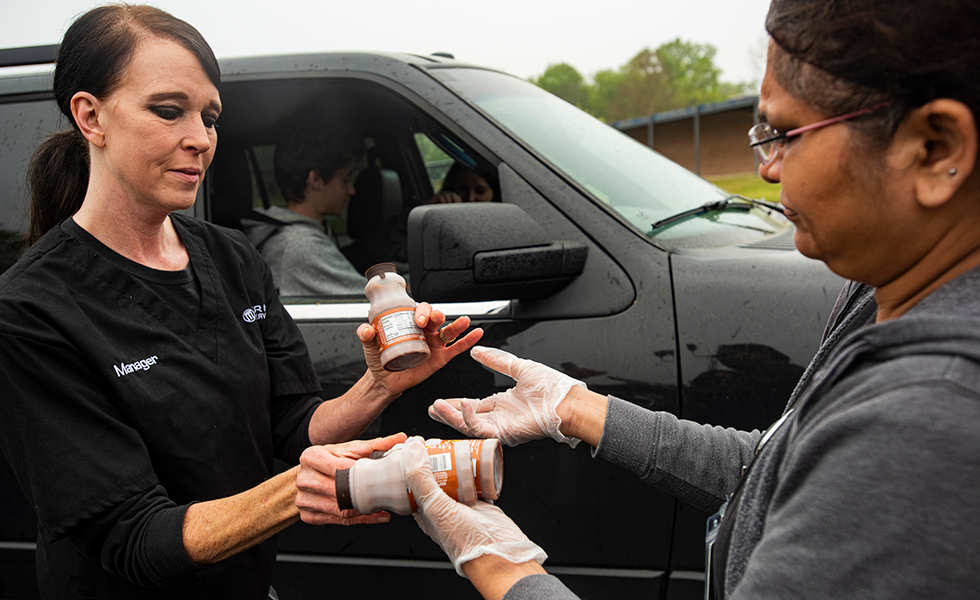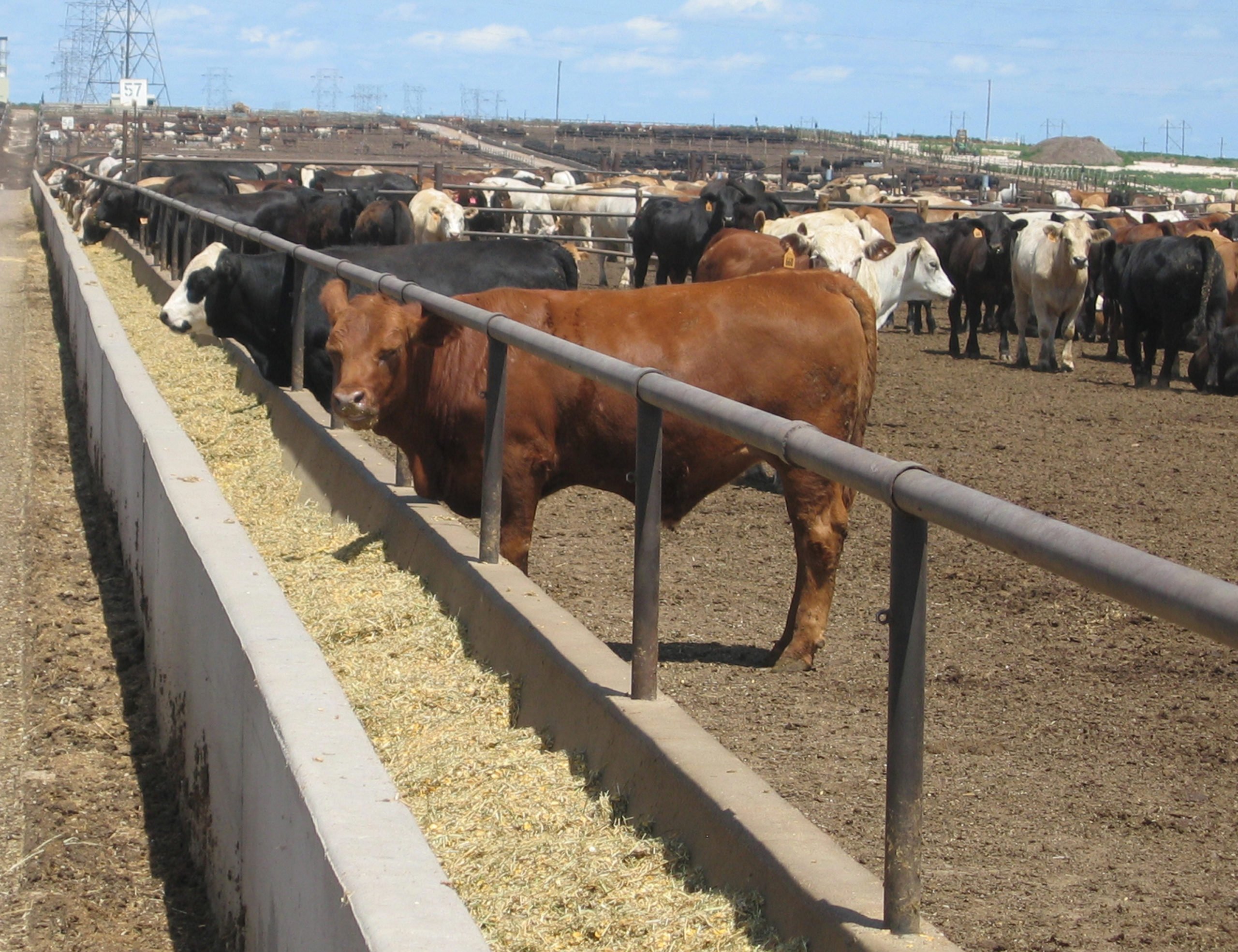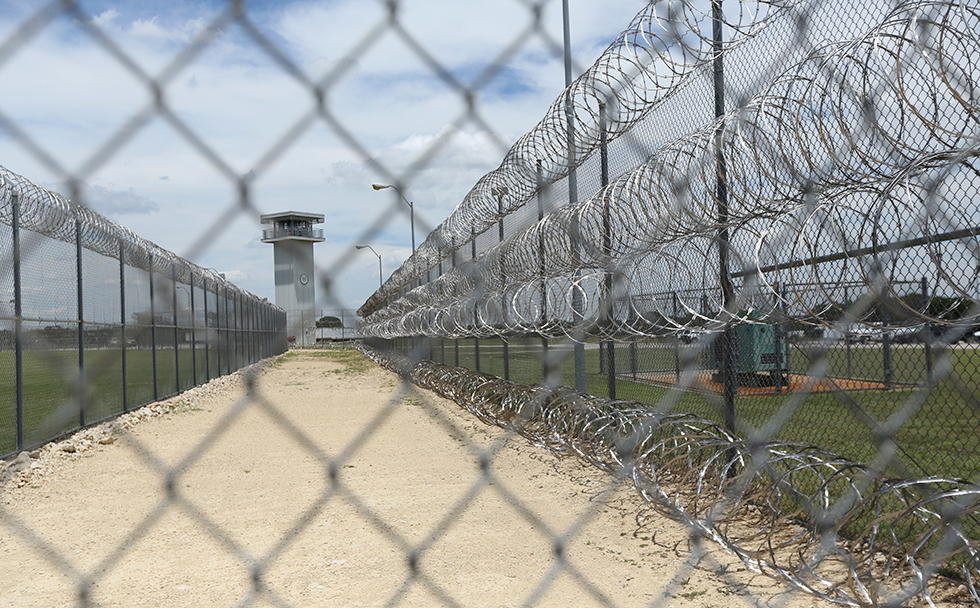Editor’s Note: This story originally stated that a lawsuit was filed against Formosa Plastics in March; in fact, it was filed in 2017. It incorrectly stated that resident volunteers patrolled Lavaca Bay by kayak. In fact, they patrolled Cox Creek. Additionally, the story originally stated that Formosa Plastics could face a penalty of up to $184 million. In fact, the maximum penalty is $162 million. The Observer regrets the errors.
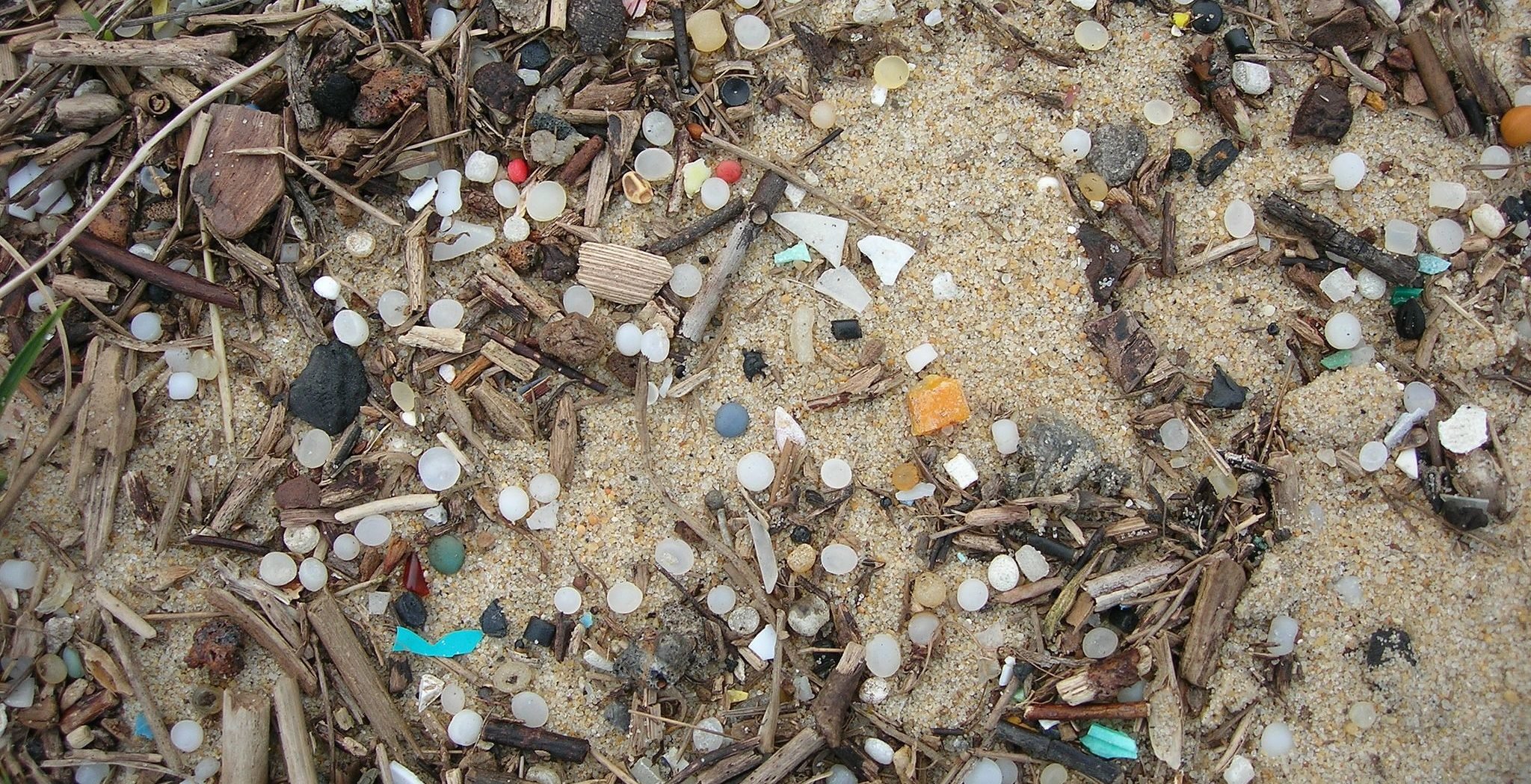
Nurdle by Nurdle, Citizens Took on A Billion-Dollar Plastic Company — and Won
A federal judge ruled that a “serial” polluter in Lavaca Bay can face more than $100 million in penalties.

A federal judge ruled last Thursday that Formosa Plastics, a petrochemical company outside Port Lavaca, can be held liable for violating state and federal water pollution laws. According to a lawsuit filed in 2017, the company violated its environmental permits for years, dumping millions of tiny plastic pellets — known as nurdles — into Lavaca Bay. Formosa denied any illegal dumping, arguing that it didn’t emit more than the undefined “trace amounts” allowed by its permit.
Since the company never filed any record of pollution with the Texas Commission on Environmental Quality (TCEQ), much of the record-keeping and data collection was conducted by resident volunteers who patrolled Cox Creek by kayak, collecting samples of water contaminated with nurdles. The oddly named plastic balls are a raw material used for manufacturing plastics, and they can poison fish and other wildlife that ingest them. Armed with the volunteers’ data, the San Antonio Bay Estuarine Waterkeeper, an environmental nonprofit, brought a lawsuit against the company two years ago.
In his decision, Judge Kenneth Hoyt called the company’s violations “enormous,” referring to Formosa as a “serial offender” with more than 1,000 days of violations recorded.
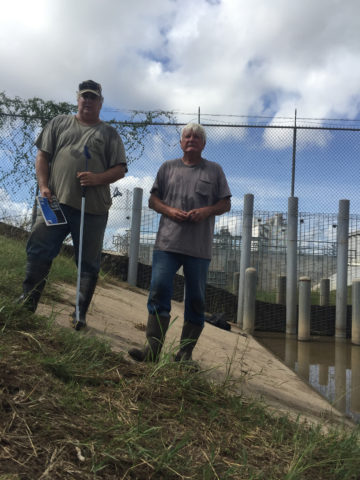
The ruling brings some relief to residents who have been fighting the company’s pollution for decades. Retired shrimper Diane Wilson has been trying to get Formosa to stop dumping in the bay since the early ’90s. “I started when I was 40, and I’m 70 years now,” she says. “And this is the first time I ever felt that I had justice delivered.”
The fact that local residents like Wilson were able to bring the case so far is notable, says Amy Johnson, the attorney representing Waterkeeper. Most environmental pollution cases are based on already documented pollution, as companies file permit violations with a state agency like TCEQ, or the U.S. Environmental Protection Agency. “This is an instance where citizens collected evidence of violation of the Clean Water Act,” Johnson says, “and what’s so powerful is that that was used to prove these thousands of violations.”
With this ruling, Formosa Plastics could now face a penalty of up to $162 million, which will be decided at a separate hearing. This isn’t the first time the company has been sanctioned for violating pollution regulations. Ten years ago, the EPA fined the chemical company $13 million for air and water quality violations. Though it paid the fine, Formosa never completed the meaningful pollution reductions it was supposed to make at its operations in Texas and Louisiana. The EPA slapped Formosa with another $1.5 million fine a few years later. Over the last decade, TCEQ has fined the company roughly half a million dollars, a relative drop in the bucket of the Taiwanese giant’s reported annual gross income of more than $1 billion. (TCEQ declined to comment on the ruling, while Formosa did not return a request for comment.)
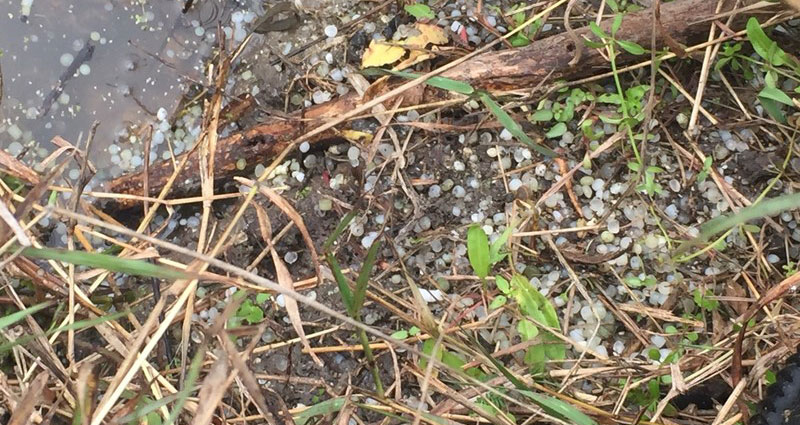
Wilson hopes that the newest ruling was strict enough to finally force the company to stop polluting. The judge “was very stern, very firm — he didn’t pussy-foot around,” she says. “These small penalties that come from the EPA and come from TCEQ are just like a little gnat to [Formosa].”
As she waits for the final ruling to be handed down in September, Wilson plans to keep on gathering evidence in her kayak. Since the trial started in March, she and other volunteers have been collecting water samples for their records — and the pollution levels haven’t changed a drop, she says. She says she’ll stay on the water “as long as it takes — as long as it takes, we will be here.”
